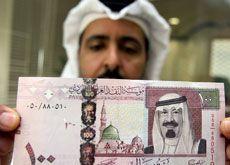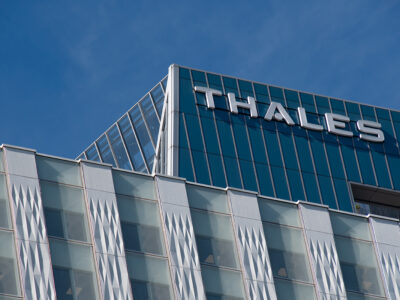HSBC’s Saudi affiliate SABB bank reported a 34 percent fall in its second quarter net profit, below analysts forecasts, after non-lending income slumped and new provisions ate into margins.
Saudi Arabia’s fifth-largest bank by market value said its second-quarter net profit fell to SR447 million ($119.2 million) from SR676 million in the same period last year.
Analysts surveyed by Reuters had expected on average net profit of SR613.85 million.
“The decrease in the profits … is mainly due to the bank’s conservative policy in increasing provisions to support the bank’s financial position,” SABB said in a statement on Saudi’s bourse website.
It did not give further details on the size of these provisions or on their purposes.
While it raised its net lending income by 5.5 percent to SR943 million, SABB saw its non-lending net income fall by almost 15 percent to SR417 million. Non-lending income includes brokerage, foreign exchange and investment.
Operating costs — which include salaries and provisions for bad loans — rose 29.1 percent to SR913 million, based on Reuters calculations.
Earnings per share by end-June stood at SR1.42 down 25.7 percent from a year earlier.
SABB, 40-percent owned by HSBC, already had to book extra provisions against loan losses during the first-quarter after a surge in bad loans in 2009.
That was a difficult year for Saudi lenders that saw their profitability eroded by provisions to counter exposure to a pair of troubled Saudi firms as well as flat credit growth in the wake of the global financial crisis.
SABB sat aside SR176.5 million to cover loan losses during the first quarter of 2010 against SR116.3 million in the year-earlier period and a total of around SR1.5 billion for all of 2009, stock exchange data showed.
Growth in bank lending especially to the private sector has been slow since early 2009 due to concerns over global economic conditions and concerns by local banks over the soundness of private local firms. (Reuters)








